
Alibaba.com features a diverse range of batteries, suitable for various applications. Among the types available, the 48V Lithium Battery is designed for solar systems, highlighting the commitment to renewable energy solutions. The Power Storage Wall Lithium Battery series, including options from 5kWh 48V 50Ah to 200Ah, caters to home solar systems, offering a scalable solution for energy storage. Wall-mounted options such as the 48V 5Kwh to 10Kwh and the 51.2V 100Ah batteries are tailored for home energy storage systems, emphasizing ease of installation and space efficiency.
Rechargeable LiFePO4 Lithium Ion Batteries, available in 3.2V prismatic cells with capacities of 100Ah to 125Ah, are engineered for longevity and stability, making them a reliable choice for energy storage. For more demanding applications, the Quality Storage Batteries, like the 2 Volt 500Ah OPzV Tubular Gel Battery, offer robust performance. The 12V series, with capacities ranging from 100AH to 170AH, is versatile for a variety of uses. Additionally, the factory-priced lithium battery modules, such as the 48V 100Ah 2 modules 9.6kwh, provide a cost-effective energy storage solution.
For those seeking economical options without compromising on performance, the cheap lifepo4 bank and the solar batteries with a titanate management system are available in 48 volts 200ah configurations. Lastly, the 200ah gel deep cycle batteries, like the GE200-12, offer durability and deep discharge recovery suited for long-term applications. These types illustrate the commitment to providing a comprehensive range of batteries to meet the diverse needs of businesses on Alibaba.com.


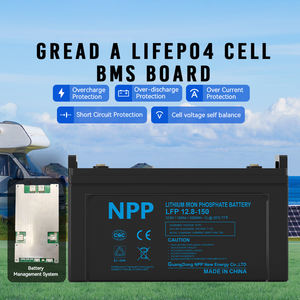




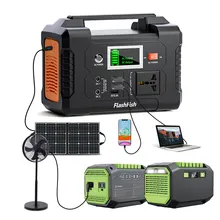







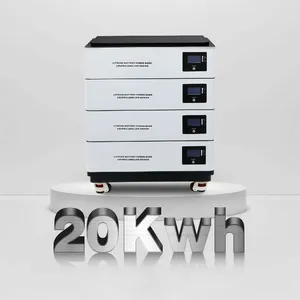

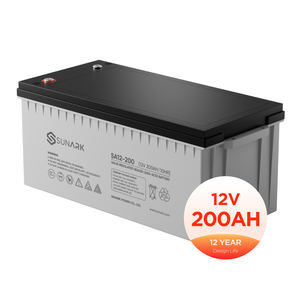
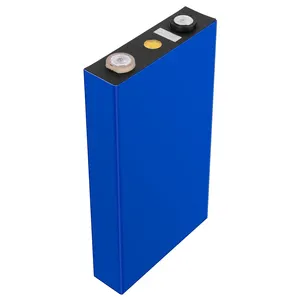








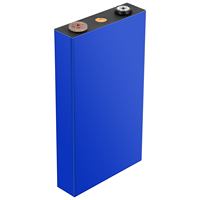










 浙公网安备 33010002000092号
浙公网安备 33010002000092号 浙B2-20120091-4
浙B2-20120091-4